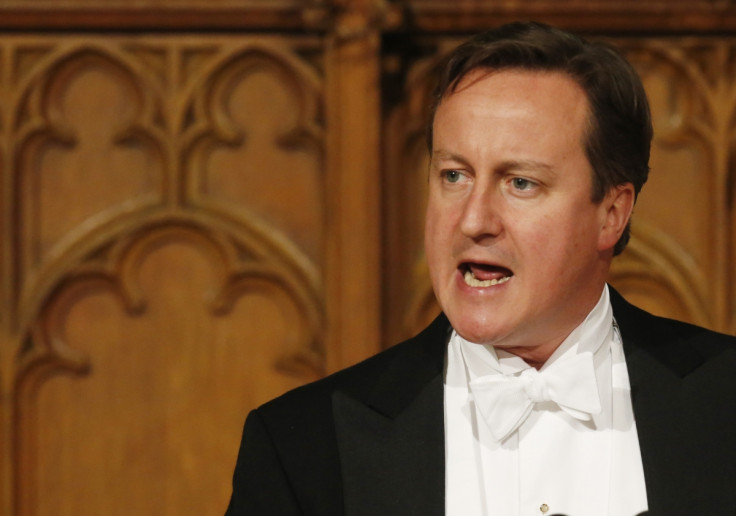David Cameron Looks to Minimum Wage Hike to Ditch 'Party of the Rich' Tag

David Cameron's long hunt for something to take the sting out of Ed Miliband's agenda-setting "cost of living crisis" assault may be on the verge of hitting gold.
Both Cameron and Chancellor George Osborne are being persuaded that a significant hike in the level of the minimum wage might be just the policy they are looking for.
There is strong support for both the living wage and an increased minimum wage from MPs across the political spectrum, with a powerful lobby of Tory MPs led by the likes of Harlow's Robert Halfon already pressing Cameron for moves in that direction.
Business bosses, headed by the CBI's John Cridland, have also recently expressed support for increased wages to help boost the economy and curb the import of cheap migrant labour.
The national minimum wage was introduced in 1999, set at £3.60 an hour for adults and £3 for 18 to 21-year-olds.
It was brought in as an early policy by the last Labour government in the face of opposition from the Conservative party and businesses who said it would destroy jobs and hit the economy.
The minimum wage is now £6.31 an hour for adults and £5.08 for 18 to-21-year-olds. But it has fallen by more than 10% in real terms over the past years.
According to one senior Tory, quoted in The Times, raising it is a "no brainer".
This counters the perception that the Conservatives are the party of the rich, supports the narrative of making work pay and rewarding those who do the right thing. It would also be a way of saving money from welfare.
An increase to the minimum wage of just 50p an hour is estimated to bring in £1bn a year to Treasury coffers in extra tax and reduced in-work benefits.
Ed Miliband recently announced he would encourage employers to pay the living wage, currently suggested as £8.80 an hour for London and £7.65 for the rest of the UK, by offering tax breaks in return.
Cameron is said to be considering an option of offering cuts in employers' National Insurance rates in return for them paying an increased minimum wage. No figures have been suggested so far.
That such a policy might wrong-foot Labour and help dispel the notion the Tories are back to being the "nasty party" appeals to strategists.
Downing Street played a straight bat when asked about the speculation, saying only that setting the level of the minimum wage was "a matter for the Low Pay Commission", which is factually accurate but ignores the fact government can very easily impose different levels from the Commission, should it chose to.
What seems clear is that there is a growing consensus across the political parties in Westminster that there is a good economic, not to mention social case for increasing wage levels through the minimum wage or living wage.
That such a policy might wrong-foot Labour and help dispel the notion the Tories are back to being the "nasty party" appeals to strategists.
So there is the growing feeling that this particular policy might be just what Cameron and Osborne are looking for.
© Copyright IBTimes 2025. All rights reserved.






















